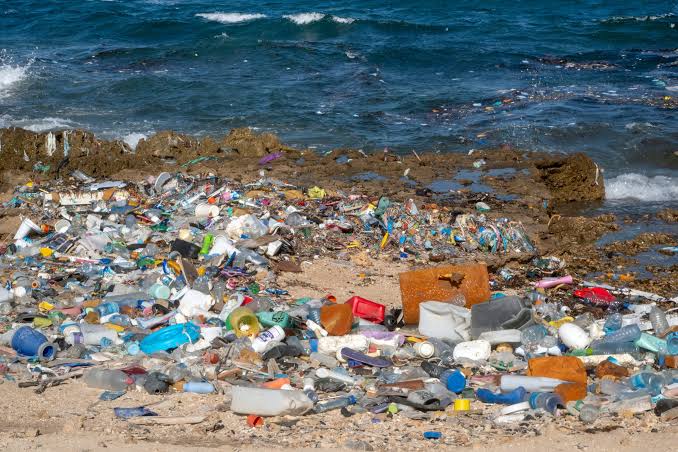The Growing Menace of Marine Debris in Nigeria
Nigeria, a nation boasting over 800 kilometers of Atlantic coastline and bustling ports, faces a significant and escalating threat: marine debris. This debris, ranging from plastic waste to abandoned fishing gear and derelict vessels, poses multifaceted dangers to the nation’s maritime sector, environment, and public health. The sheer volume of plastic waste entering Nigerian waters is alarming, with estimates placing the country among the top global contributors to marine litter, releasing millions of tonnes annually. This influx of debris has dire consequences for marine ecosystems, impacting biodiversity, entangling marine life, and disrupting food chains. Field studies have revealed alarming debris densities on Nigerian beaches, with plastic being the most prevalent pollutant. This pollution not only threatens marine life but also jeopardizes human health, creating breeding grounds for diseases and contaminating seafood.
The Impact on Maritime Activities and Livelihoods
The accumulation of debris poses a significant hazard to navigation, causing vessel damage, delays, and even fatalities. Small fishing boats and water taxis are particularly vulnerable to collisions with submerged debris, leading to capsizing and loss of life. The debris also impacts the livelihoods of fishing communities, as dwindling catches, plastic-contaminated fish, and damaged gear threaten their income and food security. Furthermore, the unsightly pollution tarnishes Nigeria’s maritime reputation, deterring tourism and undermining investor confidence in the nation’s ports. The economic consequences are substantial, affecting various sectors and potentially hindering the growth of the blue economy.
Stakeholder Calls for Action and Policy Reform
Recognizing the urgency of the situation, maritime stakeholders are advocating for stronger policy frameworks and coordinated action to combat marine debris. The Nigerian Ports Authority (NPA), the Nigerian Shippers Council, and the National Inland Waterways Authority (NIWA) have all emphasized the need for enhanced cleanup efforts, stricter enforcement of regulations, and increased public awareness. Experts stress the importance of a national marine debris act that clearly defines responsibilities, sets penalties for illegal dumping, and promotes integrated coastal governance. Community engagement and incentivizing waste-to-wealth programs are also crucial for achieving sustainable solutions.
Existing Initiatives and Challenges
While Nigeria has implemented some initiatives to address marine debris, including the Marine Litter and Microplastic Action Plan and port reception facilities, several challenges hinder effective implementation. Overlapping levies, lack of transparency, inadequate funding for research, and limited stakeholder engagement hamper progress. The persistent problem of illegal dumping, coupled with poor inland waste management systems, exacerbates the flow of debris into waterways. Furthermore, the lack of robust monitoring and data collection makes it difficult to assess the full extent of the problem and effectively target interventions.
Proposed Solutions and the Way Forward
Experts propose a multi-pronged approach to tackle the marine debris crisis. This includes enacting comprehensive legislation with stringent penalties for illegal dumping, establishing integrated coastal governance to coordinate cleanup and monitoring efforts, and empowering agencies like NIMASA and NIWA to enforce regulations. Implementing community-level waste-to-wealth initiatives, promoting recycling programs, and engaging youth in maritime conservation are essential for long-term success. Leveraging technology, such as satellite imagery, drones, and radar-augmented buoys, can enhance debris detection and monitoring. Finally, robust public outreach campaigns targeting schools, communities, and businesses are crucial for raising awareness and changing behaviors.
The Urgent Need for Action and Collaboration
The marine debris crisis in Nigeria demands urgent and decisive action. The economic, environmental, and public health implications are too significant to ignore. By implementing comprehensive policies, strengthening enforcement, investing in research and infrastructure, and fostering collaboration among government, industry, and communities, Nigeria can mitigate the devastating effects of marine debris and protect its valuable maritime resources. Delaying action will only exacerbate the problem, leading to further environmental degradation, economic losses, and health risks. The time to act is now to ensure a sustainable and healthy future for Nigeria’s coastlines and waterways.














